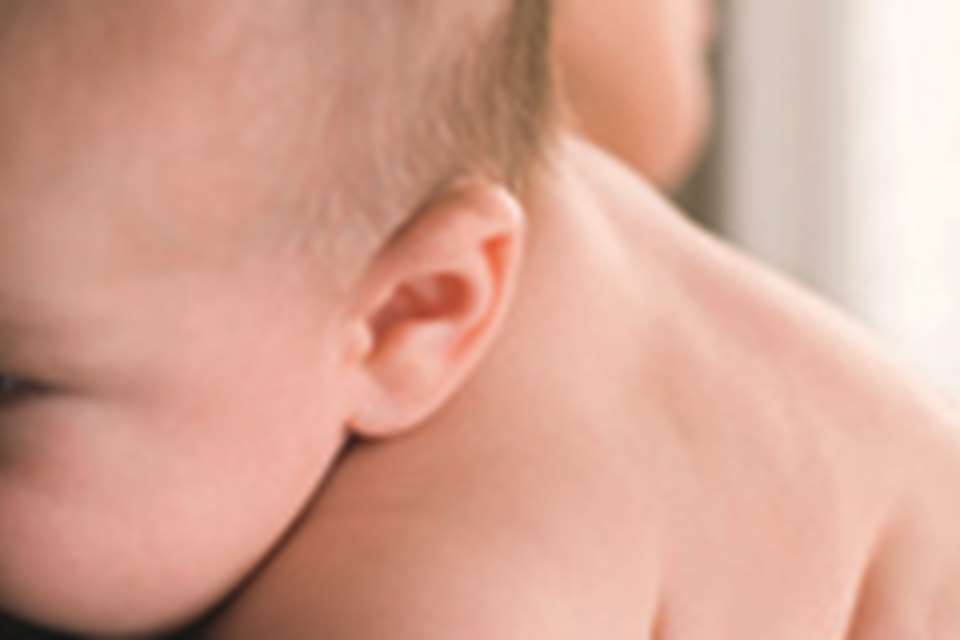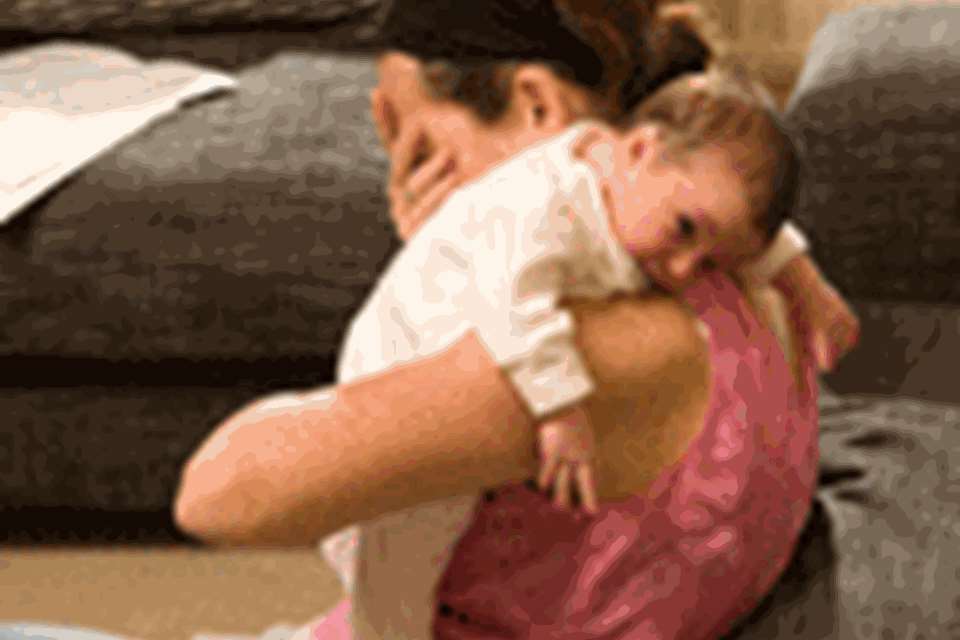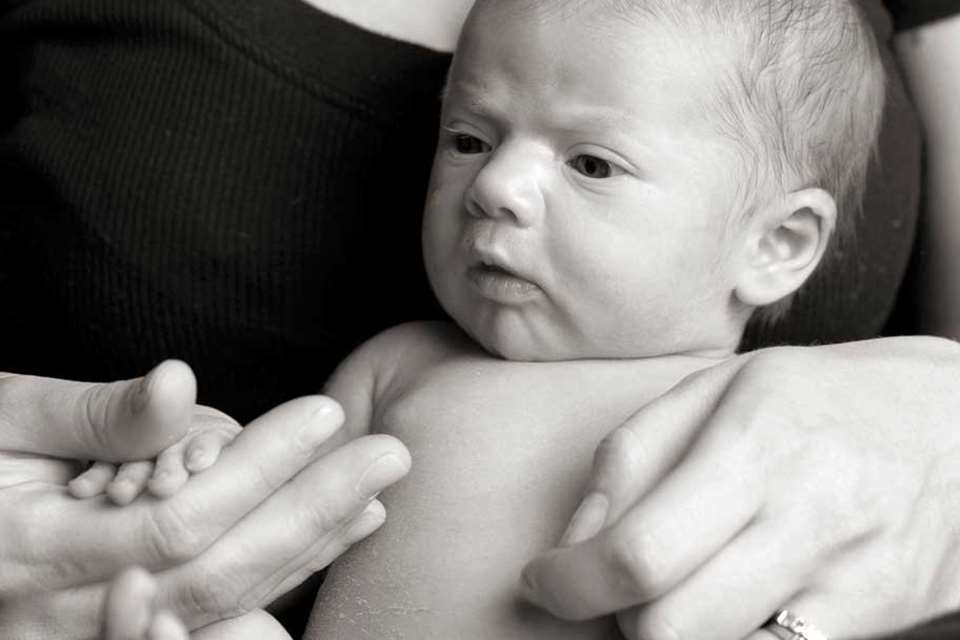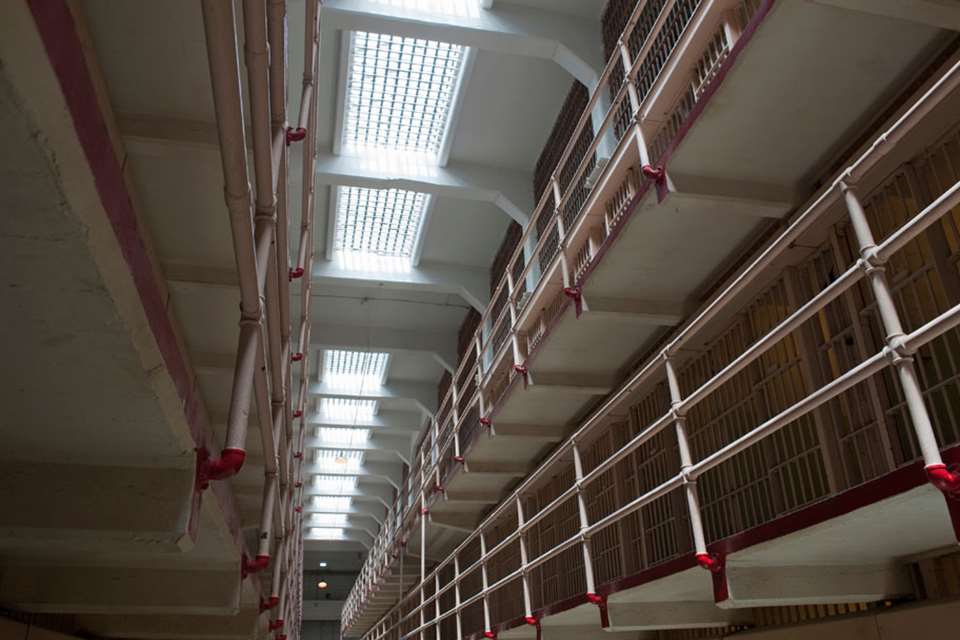A Unique Child: Inclusion - At a loss
Annette Rawstrone
Monday, January 25, 2016
Large numbers of infants are being taken into care due to the repeat pregnancies of their vulnerable mothers. Annette Rawstrone reports on a new scheme designed to break the cycle

Imagine having your baby taken into care soon after you have given birth, swiftly getting pregnant again, having that child taken away – and this happening maybe three, four or more times. This is the sad reality for a ‘hidden population’ of mothers with complex needs who have become trapped in a destructive cycle of repeat pregnancies and care proceedings.
At least one in four women who has already had a child taken into care will have further children removed from them by a Family Court, according to new findings from Lancaster University in ‘Connecting events in time to identify a hidden population: Birth mothers and their children in recurrent care proceedings in England’. The chances of having a baby removed increase to at least one in three for those women who were teenagers at the birth of their first child.
The research team, led by Prof Karen Broadhurst, found more than 13,200 infants were subject to legal proceedings at or close to birth between 2007 and 2014, of which nearly half were linked to ‘repeat mothers’. Many women became pregnant again while still in care proceedings with the first child or very shortly afterwards.
These shocking statistics are no surprise to Sophie Humphreys, who co-founded Pause in 2013 to work with women who have experienced repeat removals of children from their care. As a former head of safeguarding in Hackney, London, she speaks of her ‘unpleasant role’ of removing babies after birth.
‘Over a four-year period, I began to see the same women year after year and little had changed for them between each episode,’ she says. ‘There was no doubt that we had to remove the children and it was apparent that the women would then drop off the radar when they were childless.’
A feasibility study for the Pause programme found that in Hackney, 205 children had been taken into care from just 49 women. These women were typically young, disadvantaged and living with numerous emotional, environmental and health-related challenges, from drug and alcohol abuse to homelessness.
‘The hypothesis is that the mothers are often trying to replace something that has been lost, not just the loss of their baby, but something from their own childhoods and the need to be loved. They often do not have the skills or foundations to be able to care for a child, and the misery of this is twofold, felt by both the mothers and the children,’ says Ms Humphreys.
‘The women have chaotic, complex lives but are no less affected by the repeat trauma of having their children removed. It is like a bereavement – and the emotional impact is massive.
‘Outcomes for children in care are also not favourable. They have a traumatic start in life and often go on to have years of disruption with poor long-term prospects. The key outcome of Pause is to prevent them from being in this cycle.’
PRACTITIONER AND PARENT
Pause aims to intervene when the women have no children in their care so that they can concentrate on other aspects of their lives. Ms Humphreys emphasises that it is not a parenting programme and they do not work with the women to get their children back. Pause is an intensive preventative programme aimed at giving women control of their lives.
‘We want to enable the women to have some space to work on other aspects of their life and bring changes,’ she says. ‘A key requirement of this is that the women agree to take a form of long-acting reversible contraception (LARC) in order to create a space to pause, reflect and aspire.’
Each woman is assigned a practitioner who has a low caseload so that they can spend a lot of time together and help them to create a more positive future by developing new skills, addressing problems and forming new relationships and support networks.
‘A key aspect of Pause is that it is outreach-based and bespoke,’ explains Ms Humphreys. ‘The women drive the agenda and what priorities they want to address. They have been caught up in complex lives and not had these opportunities. It’s about aspiration.’
Work with the women is wide-ranging and can include helping them to build resilience and self-esteem, modelling how to navigate bureaucracy, supporting them to get and sustain stable accommodation, addressing issues such as domestic violence and drug use and supporting them to reflect on the past and face trauma.
‘Practitioners do not give up. They knock on doors and take the women to appointments,’ says Ms Humphreys. ‘There is an element of the practitioner becoming a parent to them and the women welcome it – they are saying that we’re here for you and we won’t give up on you. But in order to do that, they also have to face tough aspects of their lives. It’s not a soft-touch process.’
The practitioners also help the women to improve the quality of contact that they have with their children, many of whom are placed with relatives. ‘Knowing your parent has a positive impact for the children and gives them a better foundation,’ says Ms Humphreys. ‘It also helps the women to feel that they have made a real step towards dealing with this challenge.’
Each woman’s experience is different, but on average they stay on the programme for 18 months. ‘Looking at the complexities of the women’s lives, it’s realistic to only expect the changes to be small, but these will have a huge impact for them. Not getting pregnant is a huge difference. No-one has got pregnant while on the programme, which has opened up new opportunities for them,’ says Ms Humphreys. ‘The key is to get self-esteem, and for some that means that they can start looking at employment or education opportunities. Healthier relationships is also a positive outcome.’
FINANCIAL BENEFITS
Aside from the personal outcomes of Pause, there are also financial benefits. It is estimated that if 100 women with a similar profile to those currently on Pause were spread over five sites over a five-year period with no intervention, they could potentially have 264 children removed into care at a cost of almost £20m. The cost to run Pause for these 100 women for five years would be approximately £9million. There is, therefore, a potential saving of around £10m if no children are removed.
Pause has proved so successful that it has recently been launched in seven local authority areas across the UK. There are also plans to provide greater support to the women who have participated, with some women from the programme offering to mentor others.
‘The women may have become more independent but still need some continuity of support,’ says Ms Humphreys. ‘We don’t want the programme to be another instance where they have been abandoned.’
CASE STUDY
Sue, a 30-year-old mother of three children, grew up with her parents and siblings on an estate in a deprived city in northern England. Her parents were regular poly-substance users, using a cocktail of drugs and alcohol, which Sue and her siblings witnessed. Sue suffered physical and emotional abuse at the hands of both parents and saw domestic abuse between them.
Her parents separated and a stepfather moved in to the family home in Sue’s early adolescence. He sexually abused Sue and her sister. Even though Sue told her mother, it was not believed. The quality of parenting was poor and Sue says she was able to ‘do as I liked, no one cared about what I did’. She started drinking, smoking, using cannabis and truanting from school.
Sue was groomed by a man when she was 14 and sexually abused, starting a pattern where she was emotionally and physically abused in her interactions with men. She then started to experience mental health difficulties.
At 20, she had her first child, who was removed from her care at the age of four. Sue immediately became pregnant again and the child was removed at birth. Within two years, Sue was pregnant for a third time and that child was also removed.
Sue’s first contact with Pause was in June last year when she was homeless and sleeping on her mother’s sofa. Sue was self-harming, and emotionally and socially isolated. The priority was to create stability for Sue, so Pause helped her to find a tenancy. She has maintained this property with great pride.
Sue was also supported to access health services in order to have a long-acting reversible contraceptive fitted and receive a full mental health assessment, enabling her to access counselling and cognitive behavioural therapy. She is now volunteering for a community café.
Sue says: ‘Pause has changed my life. I no longer self-harm and I can see a future where there wasn’t one before.’ She is looking for paid employment.
MORE INFORMATION
Pause, www.pause.org.uk
‘Connecting events in time to identify a hidden population: Birth mothers and their children in recurrent care proceedings in England’, published in the British Journal of Social Work, http://bjsw.oxfordjournals.org/content/early/2015/12/14/bjsw.bcv130.full
[asset_library_tag 1090,Download the PDF]








